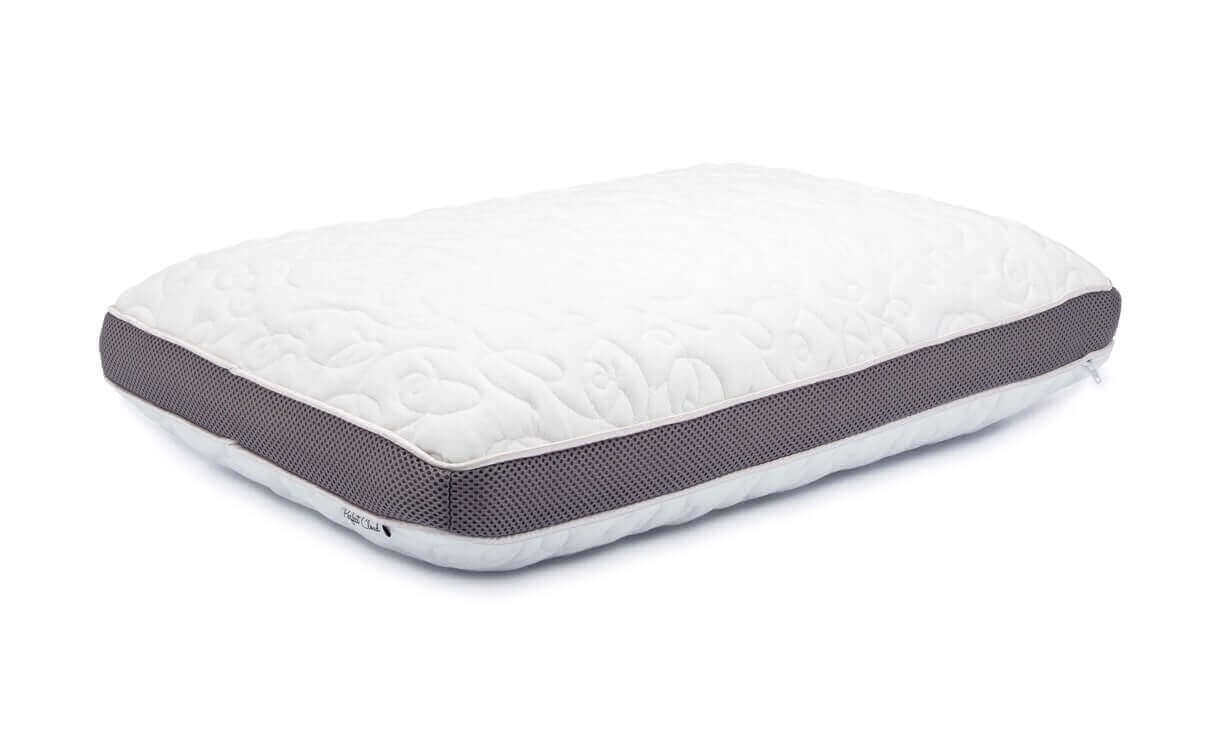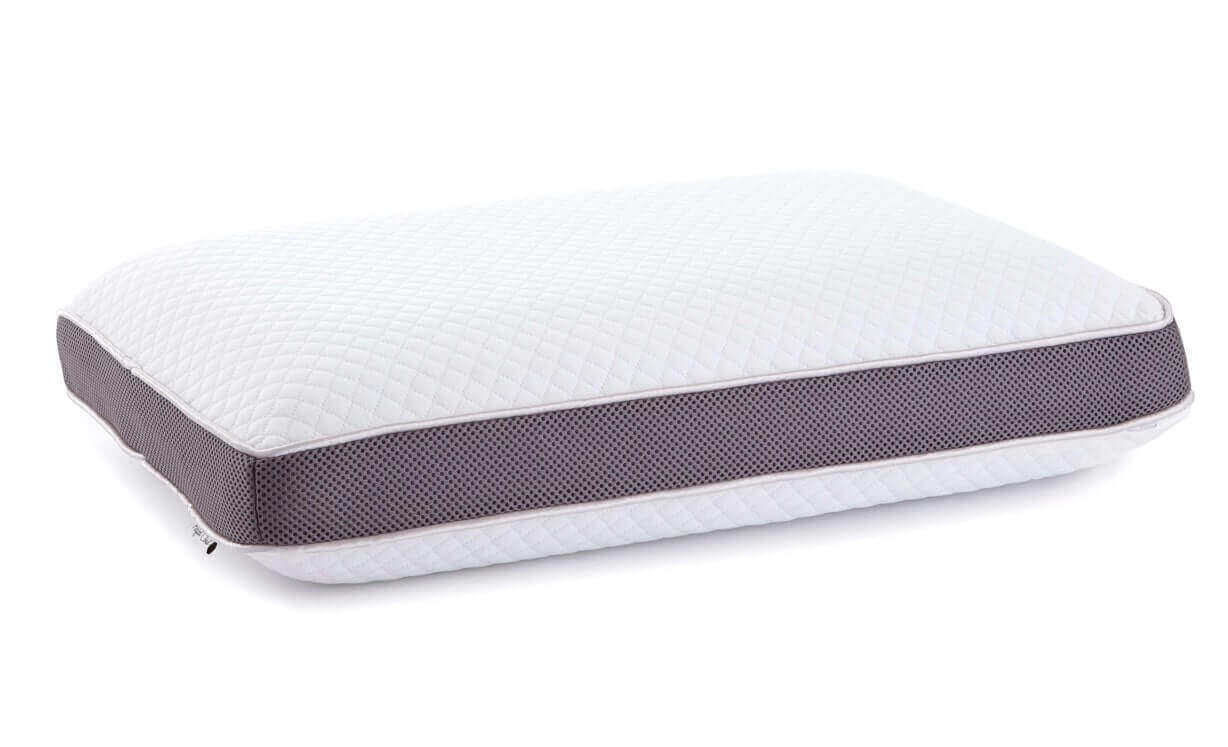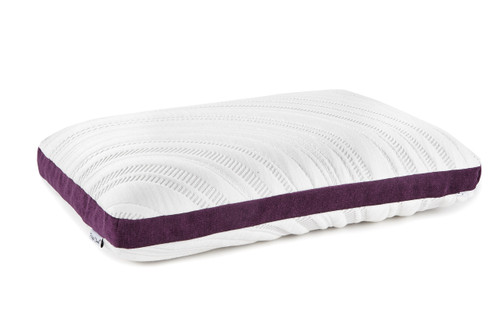Quality of Sleep: What it is and Why it Matters
Posted by Brenton on 2nd May 2019
For decades, we’ve been advised to get at least eight hours of sleep per night. And though this may be sound advice, it’s often stated like it’s the only metric that matters. But when you really dig into the role of sleep in our lives, it becomes apparent that quality and quantity aren’t always proportional.
How Much Sleep Do We Need?
Every individual has different sleep needs. And while the exact figure relies on a variety of elements, the National Sleep Foundation (NSF) makes sleep recommendations based on age. Recently, they revised their recommendations to adjust age categories and suggested sleep times. The new NSF sleep time recommendations look like this:
- Newborns (0-3 months): Sleep range narrowed to 14-17 hours each day (previously it was 12-18)
- Infants (4-11 months): Sleep range widened two hours to 12-15 hours (previously it was 14-15)
- Toddlers (1-2 years): Sleep range widened by one hour to 11-14 hours (previously it was 12-14)
- Preschoolers (3-5): Sleep range widened by one hour to 10-13 hours (previously it was 11-13)
- School age children (6-13): Sleep range widened by one hour to 9-11 hours (previously it was 10-11)
- Teenagers (14-17): Sleep range widened by one hour to 8-10 hours (previously it was 8.5-9.5)
- Younger adults (18-25): Sleep range is 7-9 hours (new age category)
- Adults (26-64): Sleep range did not change and remains 7-9 hours
- Older adults (65+): Sleep range is 7-8 hours (new age category)
Clearly, sleep is still seen as a critically important element of overall health and development. In fact, it could be argued that the NSF views sleep as more important than ever. But looking at sleep quantity in isolation doesn’t paint a comprehensive picture of the situation. Quality of sleep is arguably more important. Or, a better way of putting it is to say that a small amount of quality sleep is better than a large quantity of poor sleep.
The Importance of Quality Sleep
Quality of sleep is a much more subjective metric than quantity of sleep. Nevertheless, it plays a significant role.
“For adults, good quality sleep means that you typically fall asleep in 30 minutes or less, sleep soundly through the night with no more than one awakening, and drift back to sleep within 20 minutes if you do wake up,” the NSF explains. “On the flip side, bad sleep quality is the kind that leaves you staring at the ceiling or counting sheep. It may be characterized by trouble falling asleep and staying asleep, restlessness, and early awakenings.”
In order to understand the importance of sleep quality, you have to understand what’s happening in the brain while you’re sleeping. Though sleep can sound like a passive activity, it’s actually a very intricate process with a myriad of moving parts.
There are two main types of sleep: non-REM sleep (NREM) and rapid eye movement sleep (REM). NREM sleep accounts for roughly 75 percent of your sleeping time and can include both light and deep sleep. REM sleep accounts for roughly 25 percent of your sleep time and is where your dreaming typically takes place.
The typical night of sleep consists of four or five sleep cycles – each of which begins in light NREM sleep and ends in REM sleep. These cycles take roughly 70 to 120 minutes to complete.
In order to achieve good quality sleep, you need to reach deep sleep and REM sleep as much as possible. It’s during these phases that physical and mental restoration takes place. Benefits include: strengthened immune system, restoration of strength and function to tissue, muscles, and organs, improved learning and memory, and better cognitive functioning.
While time does play a role in reaching these deeper stages of sleep, it’s just as important to fall asleep quickly and stay asleep (as any interruptions can limit your ability to reach REM sleep and instead leave you shuffling back and forth between light sleep and waking.)
How to Enhance the Quality of Your Sleep
Again, quality of sleep is a highly subjective measurement, but there are plenty of practical steps you can take to give yourself a better chance of reaching and sustaining REM sleep. Here are a few suggestions:
- Prioritize sleep. If you
want quality sleep in your life, you have to prioritize it. This first step is
easy to say, yet much harder to do.
Prioritizing sleep means actually carving out time in your schedule for sleep (rather than just fitting it in when you can). If you want to get eight hours of sleep, it’s not enough to set an alarm in the morning. It would also behoove you to set a bedtime at night.
- Improve Your Pre-Sleep Routine. There’s a
reason parents establish bedtime routines for their children – they work! The
human body responds to repetition, and an appropriate routine before bed can help you fall asleep
faster and stay asleep longer.
In addition to being mindful of what you eat and drink before bed (no caffeine or alcohol in the hours leading up to bedtime), you should do things that help you wind down. This may look like logging out of your email, turning off the TV, taking a shower, reading a book, etc.
- Enhance Your Sleep Environment. Finally, you need a sleep environment that’s conducive to rest. Important factors include: mattress, temperature, air quality, sound, distractions (or lack thereof), electronics, and even the color scheme of your bedroom.
Invest in a Perfect Cloud Mattress
It’s time to stop putting up with an old spring mattress that causes you to toss and turn at night. Instead, you should make the smart choice and invest in a newer memory foam mattress.
At Perfect Cloud, we’re proud to offer our Ultraplush Memory Foam Mattress, which has been shown to eliminate nervous tension caused from head, neck, and shoulder pain, while allowing for even distribution of weight. It comes with free shipping and returns, a 120-day sleep trial, and a 10-year warranty. We even offer financing to make the purchase as convenient as possible.
Give it a try and notice the difference in your quality of sleep!











